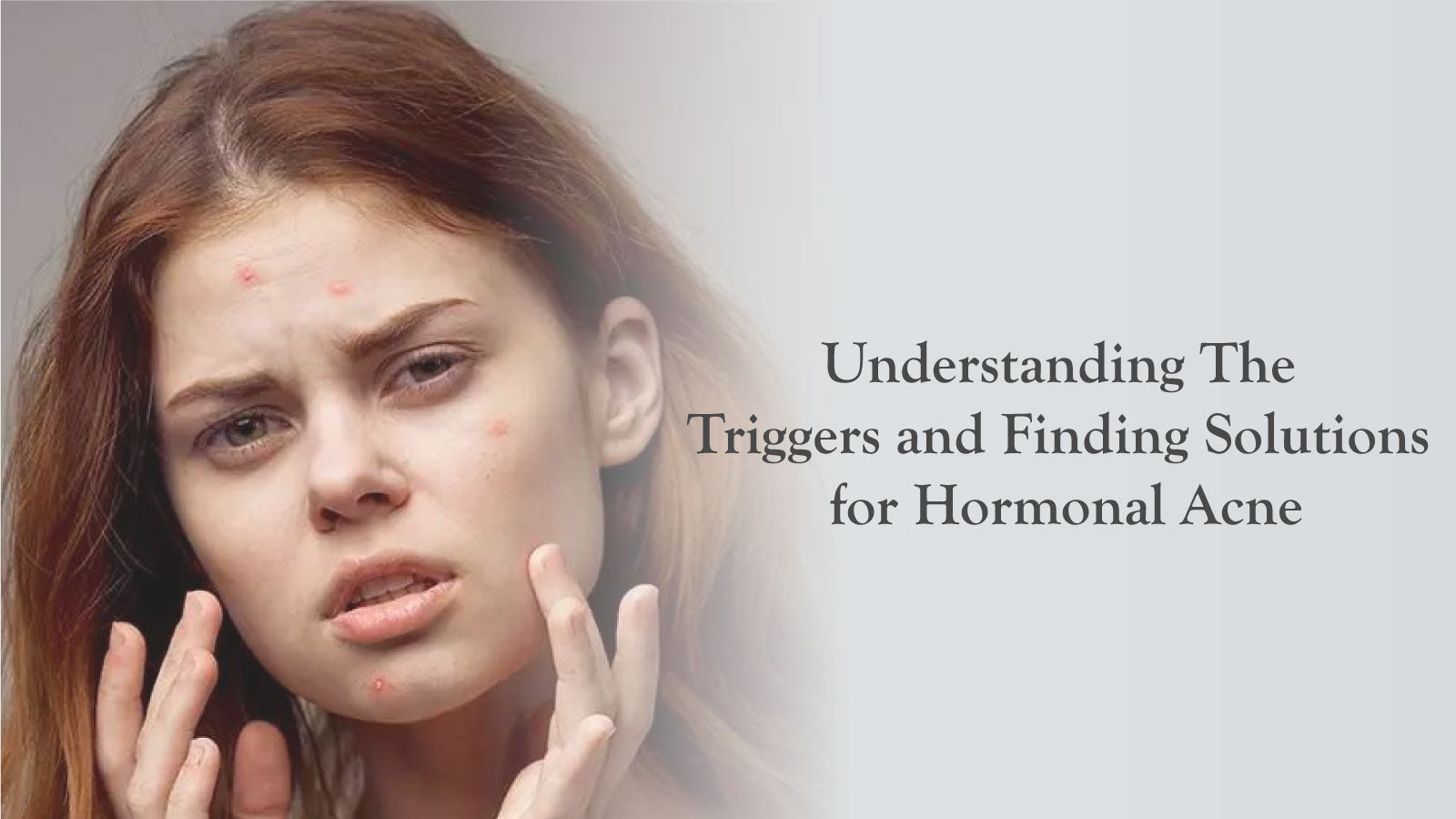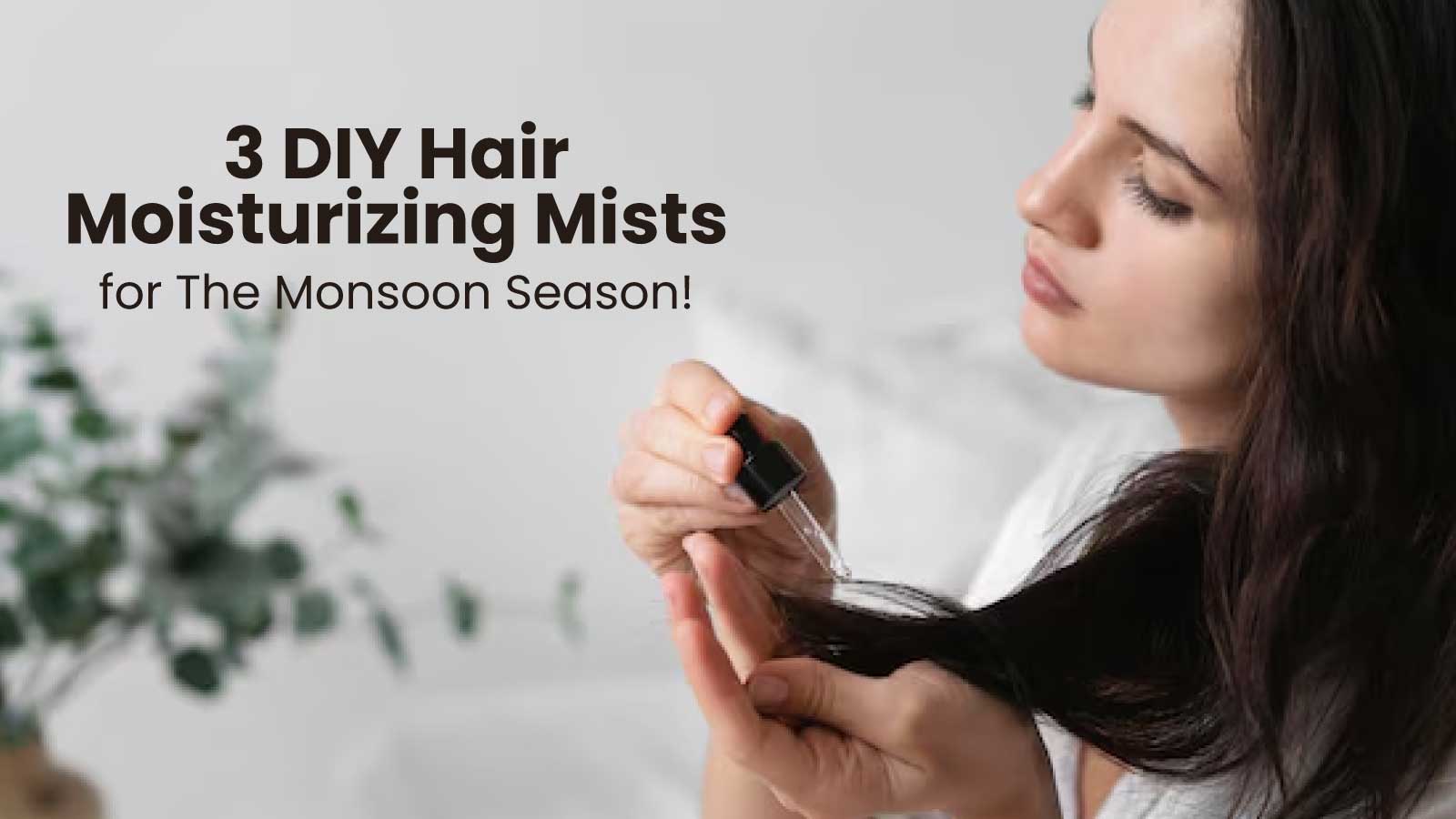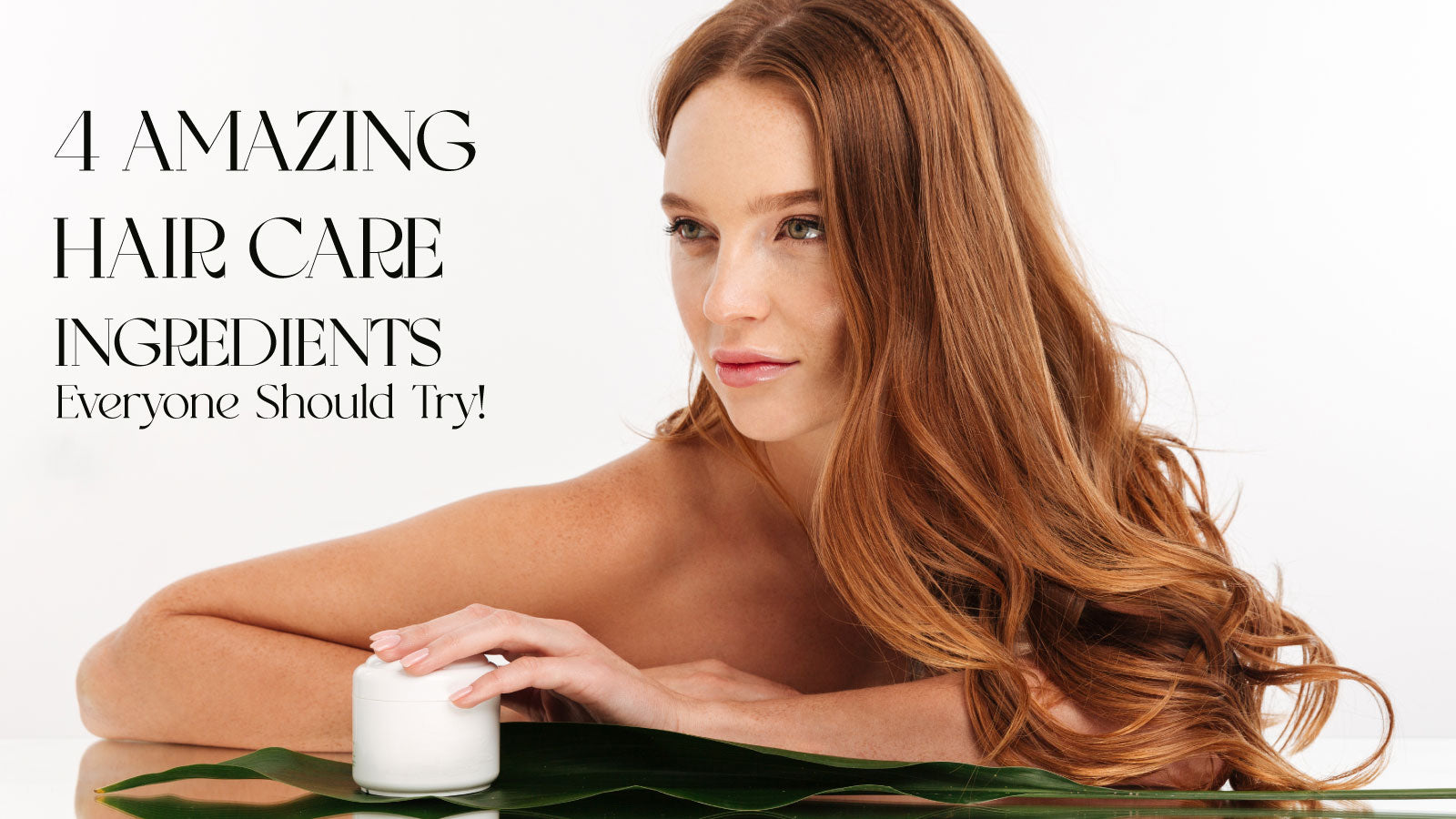
Understanding The Triggers and Finding Solutions for Hormonal Acne
Acne is a very generic skin condition that affects people of all ages, but hormonal acne, also known as adult acne, can be a real patience tester. Unlike the acne experienced during puberty, hormonal acne often appears in your 20s and 30s and can be more difficult to manage.
As the name suggests, it is influenced by hormonal imbalance. Hormonal acne typically causes breakouts that coincide with hormonal changes in the body. These changes can be due to various factors, such as puberty, menstrual cycles, pregnancy, and conditions like polycystic ovary syndrome (PCOS).
In this blog, Phimedy will help you understand the triggers of hormonal acne and find effective solutions to achieve healthy skin.
Triggers of Hormonal Acne:
- Hormonal Fluctuation:
Imbalance in hormone level is a primary trigger for hormonal acne. During puberty, both males and females experience an increase in androgen levels, resulting in excess oil production in the skin. This excess oil can clog pores, leading to acne.
Many women experience breakouts around their menstrual cycle, pregnancy, and menopause due to the hormonal changes that occur.
- Stress:
When the body is under stress, it produces more cortisol, a hormone that can trigger the production of androgens, which in turn can lead to increased oil production and acne flare-ups.
- Polycystic Ovary Syndrome (PCOS):
PCOS is a common hormonal disorder in women of reproductive age. It is characterised by irregular menstrual periods, excess androgen levels, and polycystic ovaries. Women with PCOS often experience severe hormonal acne due to the imbalance in hormone levels.
- Diet:
Certain food products are believed to influence hormone levels and trigger acne. High glycemic index foods, dairy products, and foods rich in refined sugar can cause spikes in blood sugar levels, leading to increased insulin and androgen production, which can worsen acne.
Learn the signs of Hormonal Acne:
- Hormonal acne typically appears on the lower half of the face.
- It can be in the form of painful cysts, whiteheads, or blackheads.
- It comes around the time of menstrual cycle.
Solutions for Managing Hormonal Acne:
There are several effective treatment options available to manage hormonal acne:
- Skincare Routine:
A consistent and appropriate skincare routine is essential for managing hormonal acne. Here are some tips to consider:
-
Cleanser: Cleansing twice a day can help remove excess oil and dirt. It is highly advised to apply cleanser in a gentle way, as harsh scrubbing can irritate the skin. Try PHIMEDY's Radiance Boost Cleanser for a brightening glow.
-
Moisturiser: Use a moisturiser that keeps your skin hydrated without clogging pores. Opt for PHIMEDY's H20 Boost moisturiser as it is enriched with hyaluronic acid, ceramides, and probiobalance that deeply nourish and hydrate your skin.
-
Sun Protection: Some acne treatments can make your skin more sensitive to the sun. Always use a broad-spectrum sunscreen with at least SPF 30. Try PHIMEDY's Sol Protect Sunscreen to strengthen your skin barrier and protect your skin from harmful UV rays.
- Lifestyle Changes:
Hormonal acne can be tackled by making certain lifestyle changes.
-
Diet: A balanced diet that is rich in fruits, vegetables, whole grains, and lean proteins can help a lot. It is advised to avoid high glycemic index foods and limit dairy intake.
-
Exercise: Regular physical activity can help regulate hormone levels and reduce stress.
- Stress Management: Practise stress-reducing techniques such as yoga, meditation, or deep breathing exercises.
- Natural Remedies:
Some natural remedies may also help heal hormonal acne:
-
Tea Tree Oil: Tea tree oil can be applied topically to reduce acne. It is known for its anti-inflammatory and antimicrobial properties.
-
Aloe Vera: Aloe vera has soothing and anti-inflammatory properties that can help calm irritated skin.
- Green Tea: Applying green tea extract to the skin or drinking green tea can help reduce inflammation and improve acne.
- Consult a Dermatologist:
If over-the-counter treatments and lifestyle changes do not improve your hormonal acne, it may be time to consult a dermatologist. A dermatologist can provide personalised treatment options and recommend prescription medications or procedures such as chemical peels, laser therapy, or light therapy.
- Additional Tips:
-
Avoid harsh products that can irritate the skin. Opt for gentle, fragrance-free products formulated for sensitive skin.
-
Resist the urge to pick at your acne, as this can worsen inflammation and lead to scarring.
- If you're struggling to manage your hormonal acne, consult a dermatologist for personalised treatment recommendations.
In conclusion, managing hormonal acne requires patience and consistency. Maintain a balanced skincare routine, make lifestyle changes, and seek professional help when necessary.
Try Phimedy’s skincare kit to achieve clearer and healthier skin.






Leave a comment
This site is protected by hCaptcha and the hCaptcha Privacy Policy and Terms of Service apply.